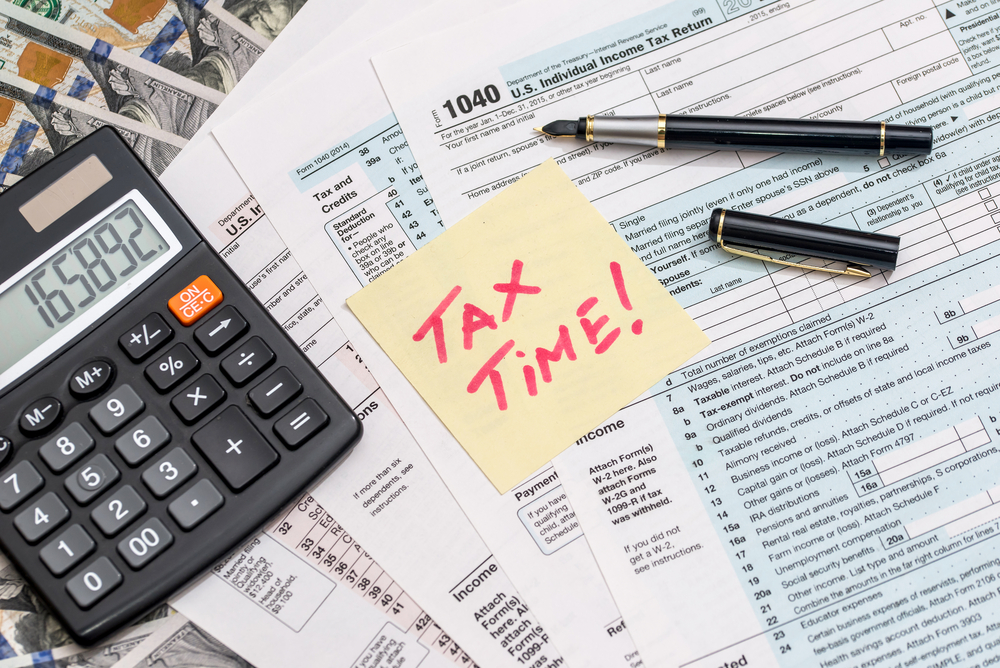2020 Tax Season
By: David Deshotels
Just like everything else in the year 2020, the 2020 Tax Season will have unique challenges. Under the new administration, future tax years may have significant changes that affect the tax decisions on 2020 issues.
Here are a few ideas on what to expect in the future under the new administration.
Proposed changes to the Tax Cuts and Jobs Act from campaign trail proposals:
- Top marginal tax rates for taxpayers earning over $400K will change from a tax rate of 37% to the pre-TCJA rate of 39.6%.
- Itemized deductions tax benefits for upper-income individuals will be capped to 28%. Each dollar of allowable itemized deductions would not lower your federal income tax by more than 28 cents, even if you are in the maximum tax bracket of 39.6%.
- For taxpayers that earn over $1M, capital gains rates will increase from a maximum of 20% to a rate of 39.6%.
- For high-income earners, the additional 3.8% net investment income rate increases the effective rates to 23.8% and 43.4%.
- Dividend income rates will rise from the current 40% after an exemption ($11.58M – $23.16 married) to 45% with an exemption reduction to $3.5M.
- Higher social security taxes for upper-income individuals as the $137,000 ceiling will be raised to $142,800
- Estate taxes would lose the step-up in basis at death exemptions.
- Elimination of the $25,000 exemption from the passive loss rules for rental real estate losses incurred by middle-income taxpayers
- Possible elimination of Section 1031 like-kind exchanges
- Eliminate qualified business income deductions for profitable rental real estate activities.
- Green energy tax incentives intended to reduce carbon emissions are a possibility.
- Flat 21% corporate federal income tax rate would be increased to 28%
For the high net worth individual, the tax game plan should be to use every tax deduction available to reduce taxable income below the $400K mark for income and below $1M in capital Gains.
Minimize Taxable Income by Accelerating Depreciation using Cost Segregation Depreciation
For taxpayers that own commercial buildings that have not used Cost Segregation in the past as a depreciation strategy, the CARES Act of 2020 provides a unique opportunity to reduce taxable income and reduce taxes to create cash flow.
Switching from straight-line depreciation to a cost segregated depreciation method can create paper losses that can reduce taxable income. Combined with the CARES Act that removes the business loss restrictions, Cost Segregation could provide a number of advantages in 2020 like:
- Accelerating depreciation to reduce taxable income to reduce tax payments
- Accelerated depreciation from cost segregation creates an NOL that can be applied over the past five years to produce a tax refund
- Create an NOL that can have 100% of the unused NOL carried forward and applied to offset future taxable income at possible higher tax rates
- Reduce taxable income levels to below $400k to avoid possible higher tax rates
- Reduce taxable income levels to below $1M to avoid possible higher capital gains rates
- Reduce taxable income levels to below $488K and $78.5K (MFJ) to reduce capital gains rates from 20% to 15% and 15% to 0%
The uncertainty of these campaign trail proposals warrants a discussion among the taxpayer’s accountant and financial advisor to develop a go-forward strategy to accommodate the unique needs of a 2020 tax plan and long-term goals strategy with these possible future tax changes in mind.
Contact your CSSI Representative to run a complimentary Preliminary Analysis on a building(s) to determine what tax savings are possible.




